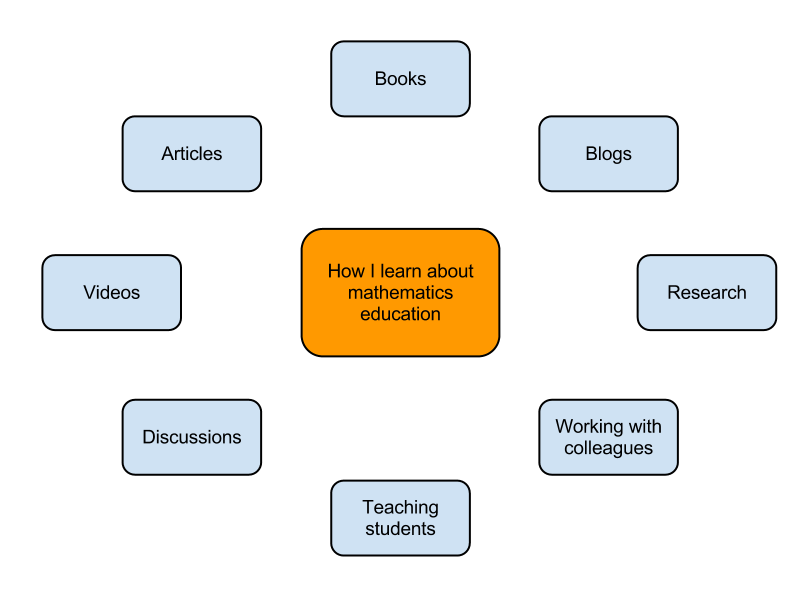Some alternate definitions of common technology:
- Email:
A technology through which anyone in the world can add to your to-do list.
- Smartphone:
A device designed to interrupt your thinking on a semi-periodic but slightly random basis with a buzzing or ringing sound, making completing lengthy tasks requiring significant concentration nearly impossible. Users can even customize the sound with which they will be interrupted! Added bonus: discourages face-to-face conversations when in use.
- E-book:
A lot like a regular book except it requires an expensive electronic device to be viewed, can’t be shared, and can be potentially removed from your ownership by the book seller without warning. Oh, and if your electronic device for reading the e-book has a dead battery, you can’t read the e-book.
- Television:
An electronic baby sitter for your children that can potentially introduce your children to all sorts of unacceptable behaviours.
- Computer:
The most powerful computational device ever constructed by humans. Mostly used for finding and sharing pictures of LOL cats and music videos.
- Air conditioner:
This machine cools down people’s houses, which results in people spending less time on their front porch getting to know their neighbours.
- Digital camera:
Now everyone can take bad photos of places they have been, which they then share once on Facebook and then never look at again.
